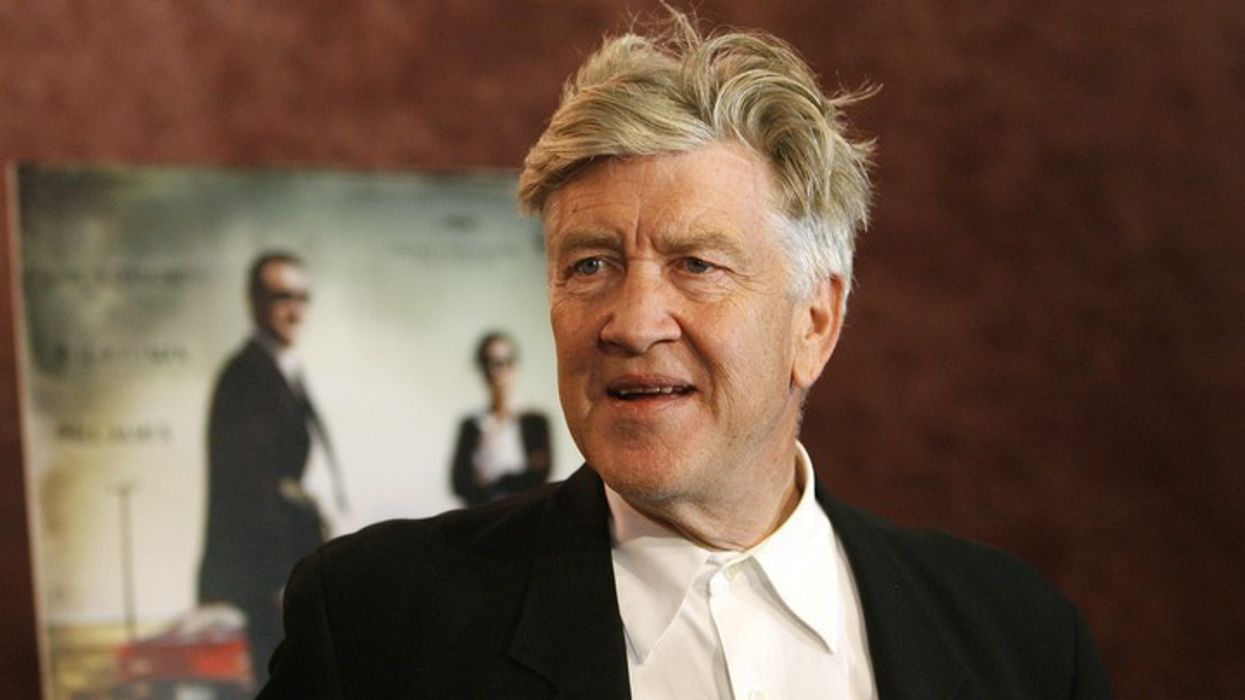David Lynch Breaks Down the Habits of Creative People
Aside from finding Laura Palmer's killers, what can we do to be more creative?

It's not a secret that I love David Lynch. I've posted about him so much on this site, and I love interacting with other fervent fans out there. The reason I care about Lynch isn't just my unhealthy love of Blue Velvet as an exposé on suburban culture, or how he uses the idea of nuclear war to layer in uncertainty in all his films.
It's that it seems like Lynch works so hard.
Whether it's a chair, an artwork, or a movie, Lynch is always collecting and storing ideas. In the video below, the American filmmaker talks to Susie Pearl about the patience needed to catch ideas, how not to commit suicide because of forgetting an idea and how you will know for sure when you caught "the" idea you have to work on.
The site didn't allow sharing for other sites, so when I embedded the video nothing happened, still the link is below and you can copy and paste it in your server to watch David Lynch.
David Lynch Breaks Down the Habits of Creative People
Lynch doesn't mince words here, he implores everyone to find their routine. Much like a blue-collar worker or someone who's fishing or making furniture, this is about honing your craft. Get up, make your coffee, and get ready to work on your ideas.
Or, maybe you're a night writer, doing your thing when people go to sleep.
Find your routine. Own it.
Because ideas will come and someone needs to write them down.
The second key here is to find the setup you need to get them down. Maybe that's buying a desk or a chair or it's sitting at the kitchen table. But get your space.
Once you find your setup, you don't have any more excuses.
You have what you need.
Lynch says he doesn't believe in writer's block. In his words, "Fisherman don't catch fish every day," and I think that's the right attitude. Not every writing day will lead to genius. You have to have patience.
And when you get an idea you want to write, test it.
Only follow the ideas you love, mostly because you're going to have to work on them for a long time. Search inside and ask why you love this idea, and why this idea needs to be told through a cinematic lens?
Write the visuals down and how they feel as they come across. How should the audience feel while absorbing them?
The big lesson here is that you must write it down. Lynch talks about the big ideas he's lost over the years. The ones he will never get back. So write them down. Catalog them, and see if you can build them into a screenplay.
When you're writing a story you love the rest of the work comes from the heart too.
What do you think of Lynch's ideas?
Are these strategies you employ?
Let us know in the comments.
What's next? Listen to Orson Welles' advice on directing!
One of my favorite things to do is watch interviews with Hollywood legends. There are tons popping up all over the online world now, and this one, with Orson Welles, is a special one. Welles was 26 when he made Citizen Kane and left an indelible mark on film as we know it.
Keep reading to learn more.











